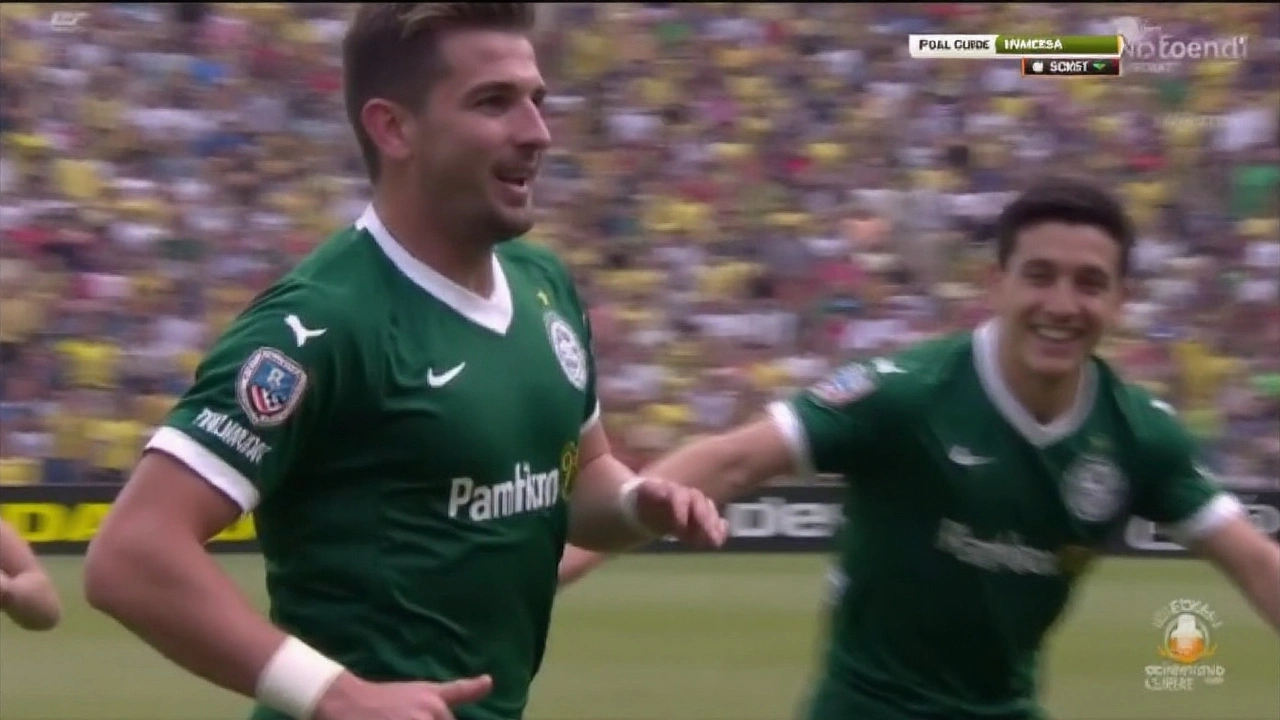
Quarterfinal schedule at a glance
The new-look FIFA Club World Cup 2025 has trimmed a 32-team field down to eight, and the quarterfinals are locked in. Two games on Friday, July 4, and two more on Saturday, July 5, will decide who moves within touching distance of the title. All times below were originally listed in Brazilian time (BRT, UTC−3); local U.S. Eastern time (ET, UTC−4) is included for fans on the ground.
- Friday, July 4 — Fluminense vs Al-Hilal, 4:00 PM BRT (3:00 PM ET), Camping World Stadium, Orlando
- Friday, July 4 — Palmeiras vs Chelsea, 10:00 PM BRT (9:00 PM ET), Lincoln Financial Field, Philadelphia
- Saturday, July 5 — Paris Saint-Germain vs Bayern Munich, 1:00 PM BRT (12:00 PM ET), Mercedes-Benz Stadium, Atlanta
- Saturday, July 5 — Real Madrid vs Borussia Dortmund, 5:00 PM BRT (4:00 PM ET), MetLife Stadium, East Rutherford, New Jersey
It’s single-elimination from here: win and advance, lose and go home. If a match is level after 90 minutes, it goes to extra time and, if needed, penalties. VAR and goal-line technology are in use across all venues.
This edition marks FIFA’s first expanded Club World Cup in the United States, spread over multiple cities from June 28 to July 13. The knockout rounds will finish at MetLife Stadium in East Rutherford, where the final is scheduled for July 13. Expect big crowds: MetLife can push past 80,000, Atlanta’s Mercedes-Benz tops 70,000, while Philadelphia and Orlando both sit near or above the 60,000 mark for major events.
Brazil is still in the mix with two clubs, Palmeiras and Fluminense, each facing a very different challenge. Europe sends four heavyweights with Real Madrid, Bayern Munich, PSG, and Chelsea, while Borussia Dortmund’s high-tempo edge and Al-Hilal’s deep, well-balanced roster round out a competitive bracket. The draw has produced a blend of styles that should keep the games tight and tactical.
What to expect from each matchup
Fluminense vs Al-Hilal (Orlando): This is a first-time meeting on this stage, and it’s a genuine coin toss. Fluminense lean on possession, quick combinations, and patience. Al-Hilal are direct when they need to be, but comfortable dragging teams wide and switching play to overload the flanks. Orlando’s summer heat is a factor, so watch for hydration breaks and subs earlier than usual. Fluminense’s midfield control versus Al-Hilal’s transitions could decide this one—if the Brazilians can slow counters, they’ll like their chances; if not, Al-Hilal’s pace will hurt them.
Palmeiras vs Chelsea (Philadelphia): Call it the sequel. These clubs met in the Club World Cup decider in Abu Dhabi in early 2022, with Chelsea edging it late in extra time. Palmeiras arrive with a clear identity: compact when defending, ruthless on set pieces, and smart on second balls. Chelsea bring Premier League-level pressing and speed on the wings, but their consistency has been under the microscope in recent seasons. This one may hinge on who wins the midfield duels and who handles restarts better. Lincoln Financial Field is known for noise—set pieces could swing the tie.
Paris Saint-Germain vs Bayern Munich (Atlanta): There’s history here, and plenty of it. Bayern have often had the edge in their Champions League duels, yet PSG’s front line can flip a game with one moment. Mercedes-Benz Stadium’s fast surface should suit both sides. Expect Bayern to press high and try to suffocate PSG’s build-up. If PSG survive the first wave, they’ll look to isolate Bayern’s full-backs and attack the channels. Minor margins—keeper form, defensive spacing, and who finishes first—usually decide these meetings. Don’t be shocked if this one goes long.
Real Madrid vs Borussia Dortmund (New Jersey): A high-profile rematch after their European final clash in 2024. Dortmund bring energy, vertical runs, and a willingness to hit space early. Madrid do what Madrid always do: control tempo when needed, then strike with precision in transition. MetLife Stadium will be packed and loud, and big-game experience matters here. Dortmund have surprised giants before, but Madrid’s knack for managing pressure late in games is unmatched. If Dortmund can turn it into a track meet, they’ll fancy it; if Madrid slow the rhythm, expect them to dictate where on the pitch the game is played.
Format and path: This tournament began with eight groups of four. The top two in each group advanced to the knockouts, and after a round of 16 we’re now at the quarterfinal stage. From here, it’s straightforward: quarterfinal winners move into the final four and position themselves for a shot at MetLife on July 13. No reseeding drama—just survive and move.
Venues and conditions: Early July in the U.S. means heat and humidity, especially in Orlando and Atlanta. FIFA’s cooling protocols kick in if the wet-bulb temperature climbs, so keep an eye out for official breaks around the half-hour marks. Pitch standards must meet FIFA regulations, and stadium crews have been cycling events to protect the surface. Travel is reasonable for teams and fans: Orlando to Philadelphia is a quick hop, Atlanta is an East Coast flight away for everyone, and New Jersey will host one of the weekend’s biggest crowds.
Styles to watch: Quarterfinal football tends to tighten. Teams often choose risk management over chaos in the first hour, then open up late. Set pieces matter more—corners and free kicks have a way of breaking stalemates. So does bench impact. Managers who time their subs well can swing the last 20 minutes, especially in this heat.
Key narratives: Brazil’s double shot is real. Palmeiras are seasoned and organized, while Fluminense offer fluidity and control—two contrasting routes to the same goal. Europe’s four bring pedigree and pressure, and each has something to prove. PSG are chasing a landmark world title. Bayern will feel they’ve got the balance to bully midfields and score in bunches. Real Madrid’s aura in knockout games still looms large. Dortmund, as ever, are dangerous when the game stretches. Al-Hilal won’t care about reputations; their structure and squad depth make them a live threat.
What fans need to know: Gates will open early due to expected large crowds, security checks, and heat precautions. Bring patience and arrive ahead of kickoff. With back-to-back fixtures across two days, the quarterfinals set the tone for the tournament’s home stretch. The best teams are here. The margins are thin. And with extra time and penalties on the table, every minute is live.
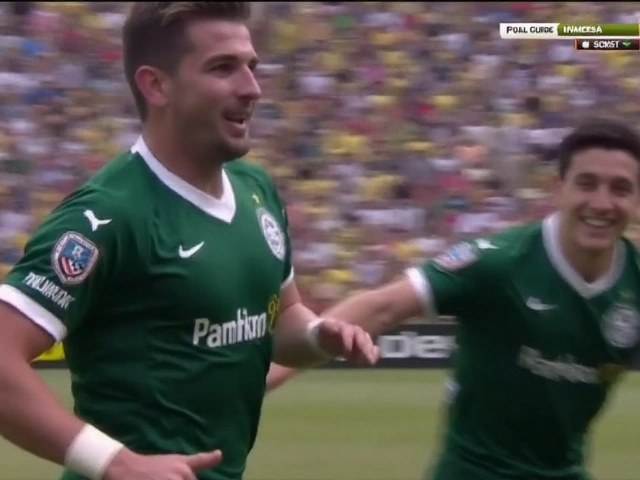

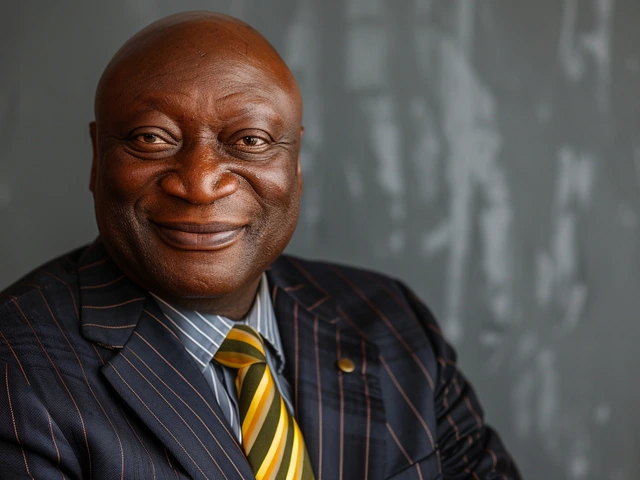
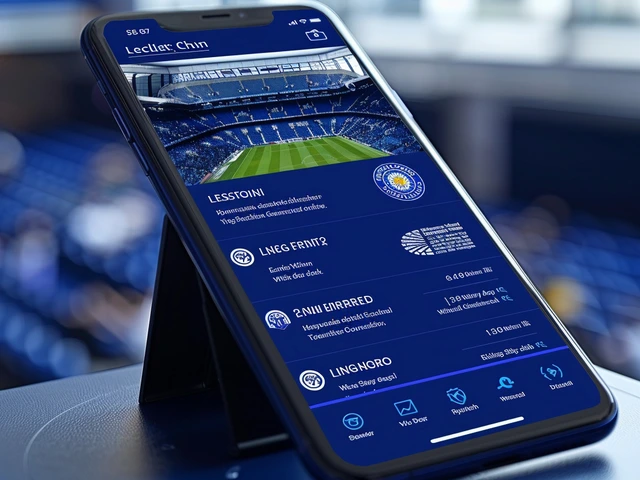
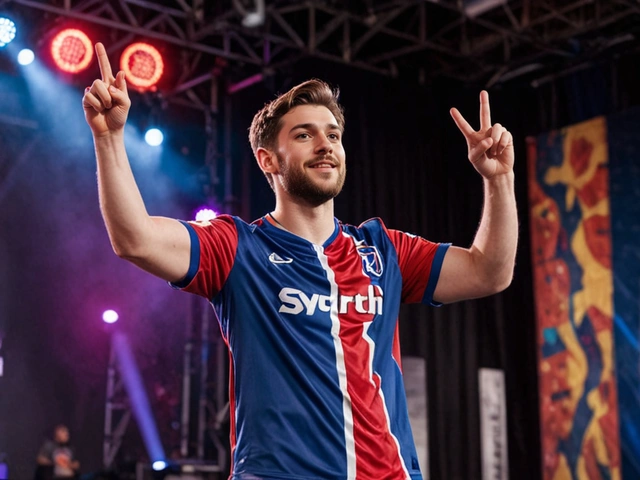
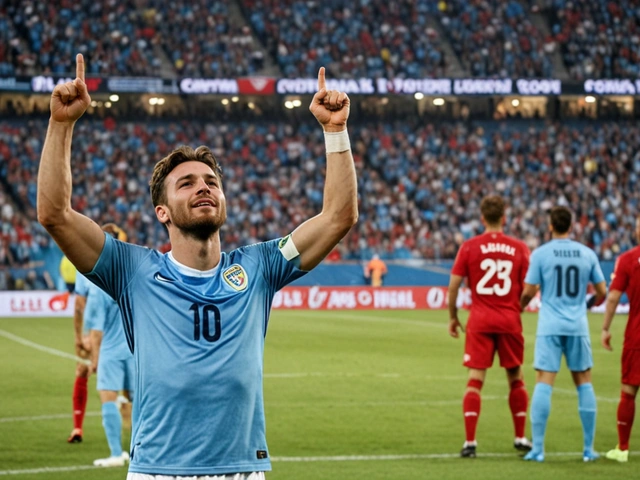
The Orlando heat will sap stamina faster than any tactical plan.
Teams that keep their players hydrated will have a real edge, especially in the second half.
Fluminense’s possession game could crumble under relentless humidity.
Al‑Hilal’s quick transitions might look smoother when the Brazilians are panting.
When you examine the quarter‑final bracket, you realize that FIFA has turned the Club World Cup into a micro‑cosm of modern football philosophy.
The juxtaposition of European powerhouses against rising Asian and South American sides forces us to question the very nature of competitive balance.
Take the Palmeiras versus Chelsea encounter: it is not merely a clash of tactics but a dialogue between structured discipline and improvisational flair.
Palmeiras, with their compact defensive blocks, embody the stoic ideal of collective responsibility.
Chelsea, on the other hand, chase the fleeting beauty of high‑pressing, a manifestation of the capitalist sprint towards instant gratification.
If you look deeper, the heat factor in Orlando and Atlanta serves as an invisible referee, adjudicating who can bear the physiological toll.
Science tells us that core temperature elevation reduces sprint speed by roughly ten percent, a statistic that will punish any team reliant on pure athleticism.
Thus, Al‑Hilal’s methodical ball progression may prove more resilient than Dortmund’s relentless vertical bursts.
Meanwhile, the PSG‑Bayern duel is a philosophical battle between the French avant‑garde and the Germanic tradition of disciplined efficiency.
PSG’s star‑laden attack seeks to dazzle, yet Bayern’s structured press reflects a Kantian imperative: the means must justify the ends.
If one were to apply game theory, the optimal strategy for each side is to randomize their attacking moments, obscuring patterns that the opponent can exploit.
In practice, this translates to late‑game substitutions that shift the tempo, a maneuver that coaches will likely indulge in given the looming extra‑time scenario.
The real intrigue, however, lies in the psychological warfare of penalty shoot‑outs, where confidence outweighs skill.
Players who have internalized a growth mindset will view the spot‑kick as an extension of their training, not a crucible of fate.
In sum, the quarter‑finals are less about which club has the bigger budget and more about which philosophy can adapt to heat, pressure, and the ever‑shifting sands of modern tactics.
Al‑Hilal’s tactical depth makes them a dark horse you can’t dismiss.
Imagine the stadium lights in Philadelphia turning into a battlefield of nerves and glory.
Chelsea’s wing‑backs will sprint like gazelles while Palmeiras’ centre‑backs cling to the goalpost as if it were a lifeline.
Every set piece will echo like a war drum, rattling the stands and the players’ hearts.
If the Brazilian side concedes an early goal, the emotional tide will turn into a tsunami of desperation.
Conversely, a quick equaliser for the Blues could unleash a flood of euphoria that drowns the opposition.
Palmeiras typically line up in a 4‑2‑3‑1, with Dudu and Raphael Veiga providing the creative spark behind the striker.
Their pressing triggers around the 40‑minute mark, aiming to force turnovers in the final third.
Given the heat, they’ll likely rotate full‑backs more frequently to keep legs fresh.
Chelsea, on the other hand, rely on a high block and quick transitions through Mount and Werner.
Keeping an eye on the hydration breaks will be key; both sides have announced additional water stations for the players.
Real Madrid’s experience in knockouts gives them a subtle edge, especially in controlling tempo.
While the Spanish giants boast a storied pedigree, their reliance on individual brilliance can become a liability when fatigue sets in.
Sometimes the louder voice in the locker room is not the most strategic one, and that can derail an otherwise solid game plan.
The atmosphere in Atlanta’s Mercedes‑Benz Stadium will be electric, and that energy can boost the players’ morale.
Both PSG and Bayern have shown they can adapt their styles, so the match might turn into a chess game of adjustments.
Fans should expect a tactical showdown rather than a pure physical contest.
Indeed, the French side’s flair often masks a disciplined defensive structure that Bayern will struggle to penetrate.
The German efficiency will test PSG’s creative freedom, making it a true cultural clash on the pitch.
One can anticipate a shift in momentum after halftime, especially if the coaches utilise the cooling breaks wisely.
From a tactical analytics perspective, the quarter‑finals will likely see a higher-than‑average xG variance due to the combination of heat stress and condensed scheduling.
Teams employing a 4‑3‑3 formation can better manage the midfield workload, distributing the pressing duties among three central players rather than over‑loading a single pivot.
In the Orlando fixture, Al‑Hilal’s transitional play could exploit Fluminense’s reduced pressing intensity in the latter stages of the first half.
Conversely, the European clubs’ deeper squad depth gives them the luxury to rotate players without a significant drop in quality, which is pivotal when extra time looms.
Set‑piece proficiency should not be overlooked – a well‑rehearsed corner routine can be the X‑factor in a tightly contested tie.
Finally, coaches who monitor core temperature data in real time will be able to make informed substitutions, mitigating the risk of heat‑related performance decline.
It’s important to remember that sportsmanship transcends the heat and the stakes.
Playing fair should always be the priority, regardless of the pressure.
Fans, bring a reusable water bottle and stay hydrated!
Staying hydrated is essential, and many stadiums now have filtered refill stations.
Make sure you plan to arrive early so you can grab a spot near the water station before the crowds flood in.
One detail worth noting is the impact of travel fatigue on teams arriving from Europe to the U.S. East Coast.
Flight schedules and jet‑lag can subtly affect player sharpness, especially in the first half of the matches.
Coaches often schedule light training sessions the day before to acclimatize, which could give an edge to squads that arrived early.
Moreover, the varying altitude of the venues isn’t drastic, but the humidity differences can be misleading for players used to drier climates.
All these factors combine to make the quarter‑finals a true test of preparation, not just talent.
Preparation matters more than raw talent in these conditions.
Teams that manage logistics well will likely advance.
America’s clubs should dominate; the rest are just tourists.
Patriotic bravado won’t substitute for tactical acumen, and dismissing seasoned European squads as “tourists” overlooks their experience in high‑pressure knockout scenarios.
History shows that overconfident teams often crumble under the weight of expectation, especially when facing well‑drilled opposition that has navigated similar climates before.